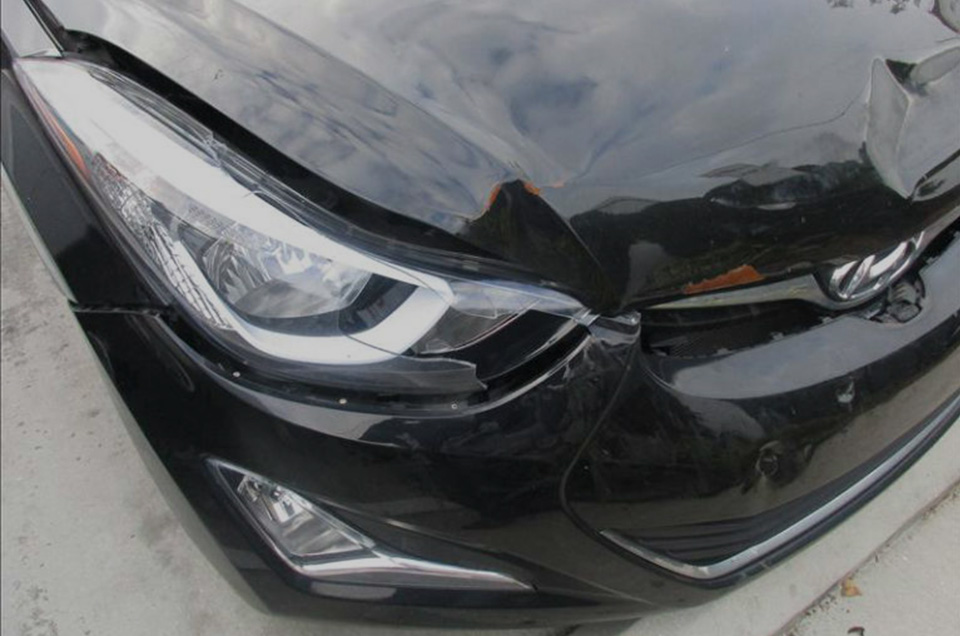Not sure whether to buy insurance at the car rental counter? Here’s how to figure out what the smart move is.
When You Don’t Need Supplemental Car Rental Insurance
If you’re like most Travellers, you can skip the collision damage waiver offered at the rental counter, as it likely duplicates coverage you already have. This guideline applies if:
- You own a car. It’s highly likely that your car insurance extends to rental cars. To be sure, call your insurance company and ask:
- Do I have collision and comprehensive coverage on my policy?
- Does my collision and comprehensive coverage extend to rental cars?
- Are there any limits on what kind of cars I’ll be covered for?
- Am I covered for Loss Of Use and Diminution of Value?
- What risks do I run if I file a claim for damage to a rental car?
- You’re paying with a credit card that provides primary rental car collision damage coverage. Be sure your card offers primary coverage for rental car damage, which lets you avoid possibly filing a claim on your personal car insurance. To be sure, call your credit card provider and ask:
- Am I covered for rental car damage?
- What’s required to activate that coverage?
- Does anything void that coverage?
- If you are using a business credit card, is the coverage primary for both business and personal rentals?
- Are there any limits or exceptions on what kind of cars I’m covered for?
- What is the maximum number of days I’m covered for?
When You Might Need Supplemental Car Rental Insurance
- You reside outside of the Cayman Islands.
- You don’t own a car.
- You don’t carry comprehensive and collision coverage on your car insurance policy, or it doesn’t extend to rental cars.
- You prefer not to rely on your car insurance or you don’t want to pay your deductible. Even if you’re fully covered by your own auto insurance, filing a claim might cause your insurance premiums to go up or, in an extreme case, your insurer might choose to not renew your policy.
- You plan to use a business credit card for a leisure rental. Business cards often cease to offer primary coverage for non-business rentals.
- You plan to split the cost of the rental between two credit cards. This typically voids coverage.
- You are paying with a debit card. Debit cards usually don’t include coverage.
- You are using points or free-day certificates to pay for the rental.
- You are renting a car for more than two weeks. Some credit cards only cover shorter rentals.
- Your renting a car with more than 7 seats.
If you need to buy coverage, your first option is to buy collision damage coverage from the rental counter. You’ll get covered, but it’s not cheap. In most countries that don’t regulate price, you’re looking at $20 or more per day.
Contact Us today to speak with a representative – or message us through our live chat in the corner!




